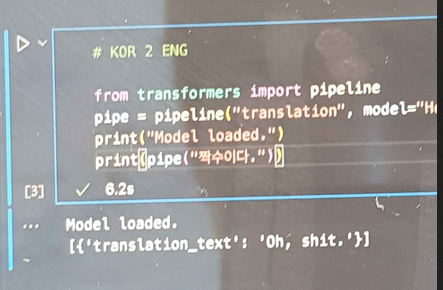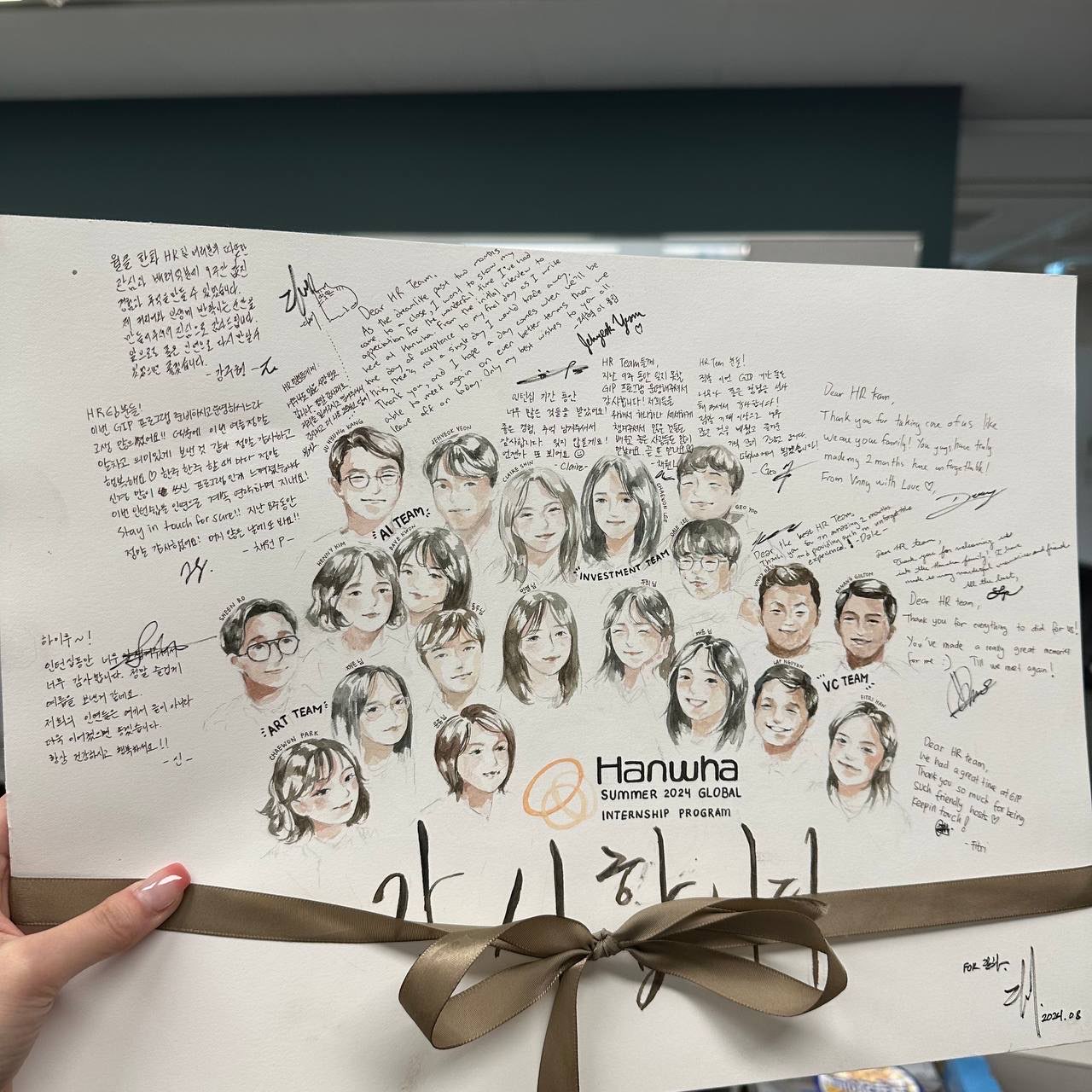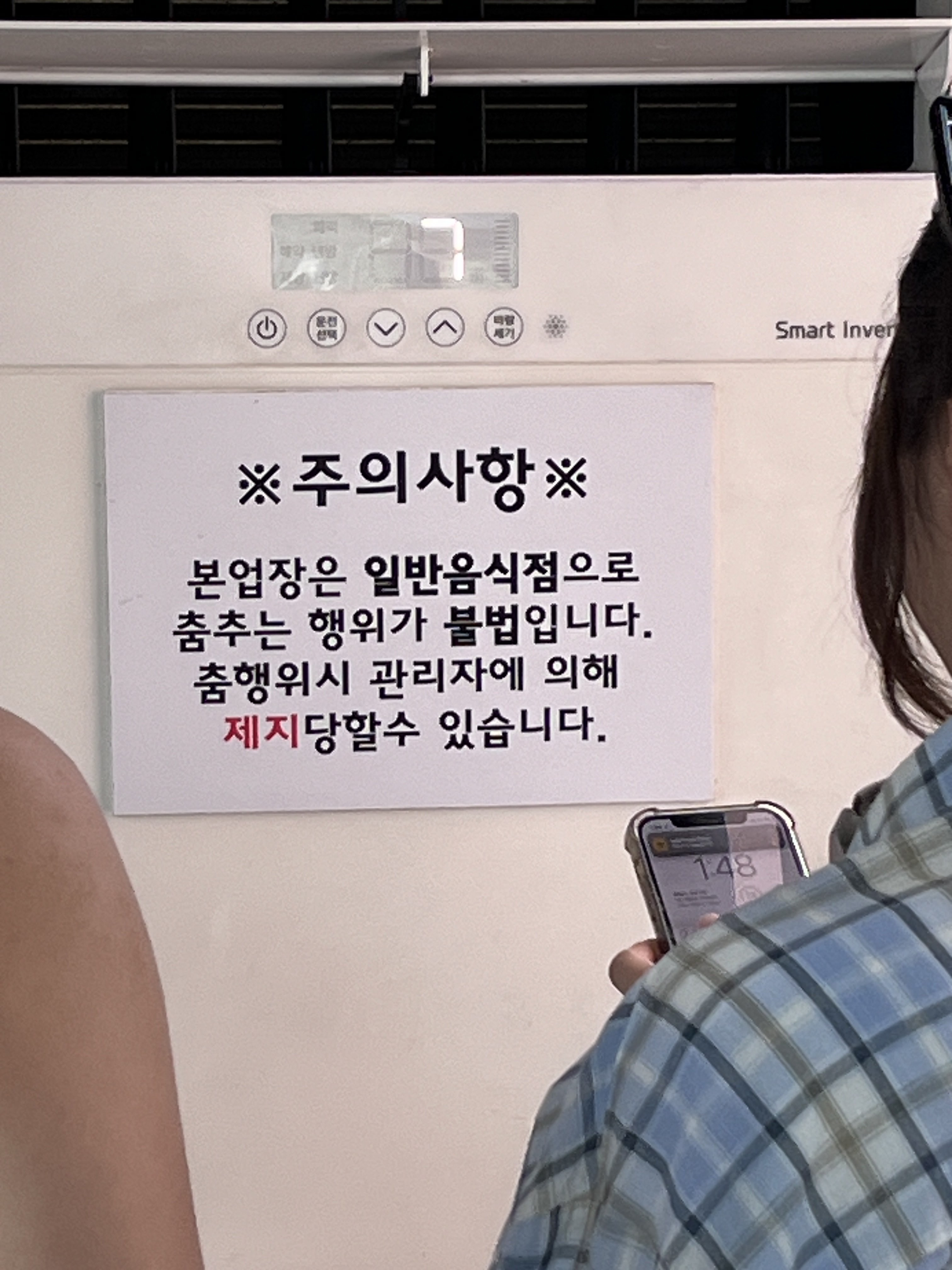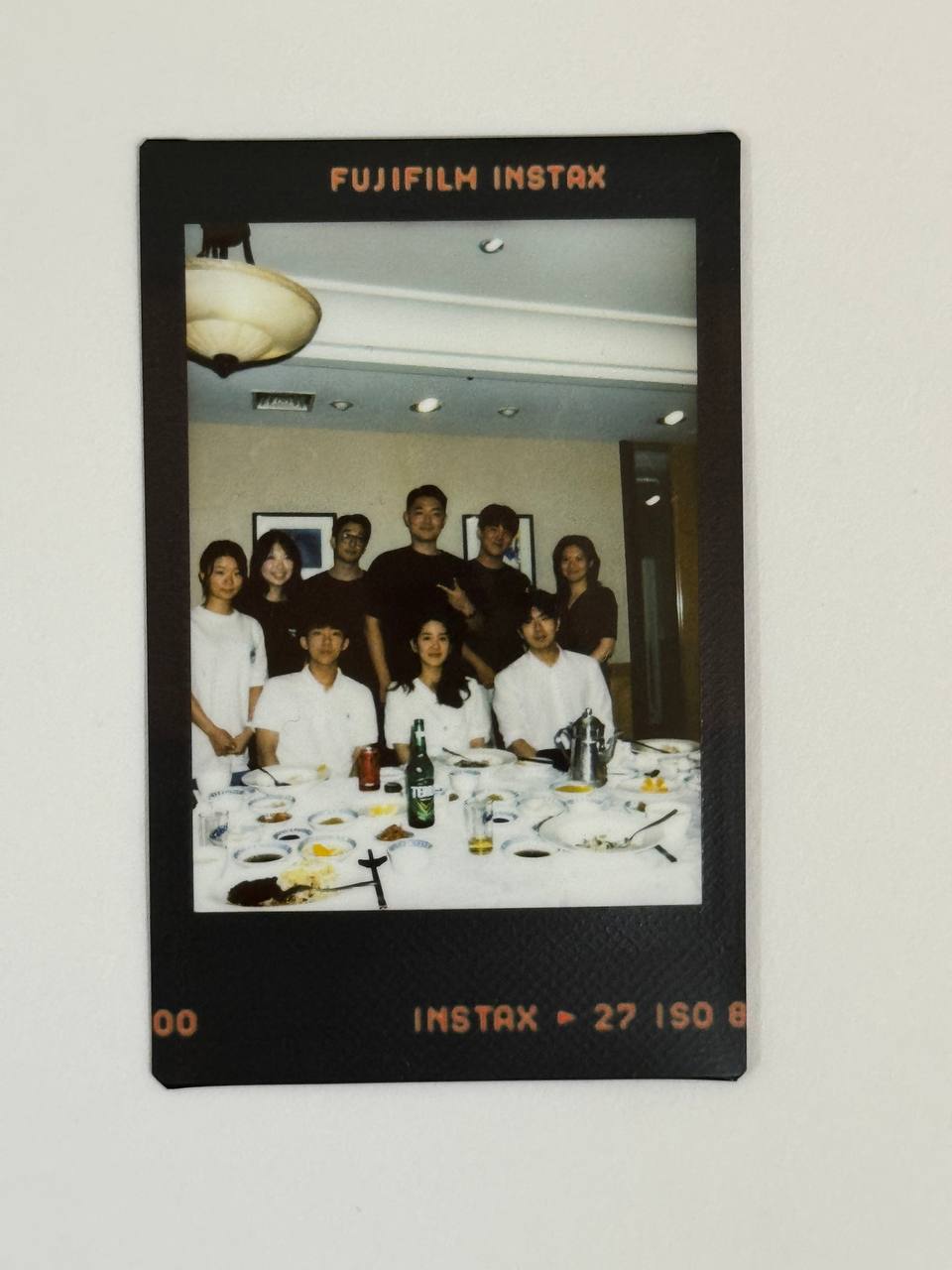Reflection: Working at Hanwha Finance
My summer internship at Hanwha Finance was a whirlwind of experiences that left me both exhausted and exhilarated. As an AI data scientist, I found myself diving headfirst into the world of finance, armed with nothing but my wits and an unhealthy addiction to caffeine.
Off to Wonderland
Diving into my project felt like slipping through the looking glass—everything around me was unfamiliar, a curious blend of ambition and industry. One of my proudest achievements during the internship was developing a Retrieval Augmented Generation (RAG) system tailored for the insurance domain. With barely any guidance (far less than I had expected, mind you), I threw myself headlong into crafting this tool. It became my digital sherpa, leading me through the dense jungle of financial literature, each paper a tangled thicket of jargon that would have otherwise been impenetrable.

And where was this fantastical quest unfolding? In none other than the 63 Building, a towering monument of glass and steel that pierced the sky—one of Korea’s most iconic landmarks. It was as if I’d fallen into a different world, far removed from the sleepy lecture halls and cozy campus cafes back at university. Every morning felt like stepping through a portal. I’d stride through the lobby, polished floors gleaming beneath my feet, and into elevators that moved so fast they seemed to warp time itself. Somewhere between the 1st floor and the 60th, I stopped being a student and through some magical girl transformation, became someone who, at least in appearance, belonged among the sharp-suited professionals crowding the building. By the end of the internship, I’d almost convinced myself I wasn’t just pretending.
The 63 Building wasn’t merely a place to work—it was a marvel, a skyscraper that felt like a dream made real. Outside, it stood tall among Seoul’s sprawling skyline, a giant in a city of giants, commanding attention. But inside, it was a world all its own. There was no wandering between classes or scribbling notes in some dingy lecture room. There was no looking out the window only to be greeted with the dancing cobs of corn for miles in every direction. This was the heart of the financial world, a place where decisions carried weight and everything buzzed with purpose. Each moment inside those walls carried a sense of urgency—an unspoken understanding that the stakes were higher here.
The whole environment was intoxicating. The rapid pace, the hum of conversations blending with the tap-tap of keyboards, the almost-electric energy that lingered in the air—it felt like I was navigating a place where something monumental could happen at any moment. The building became my Wonderland, the elevator buttons my rabbit hole, each ascent revealing new challenges and possibilities. And push myself I did, day after day, until it felt like my brain was running on fumes, my thoughts spilling out like steam from a pressure valve.
The further I ventured into this world, the more I felt the stark contrast with university life. Gone were the sleepy mornings where I’d drag myself to class with five minutes to spare. In this world of skyscrapers, time was a currency, and everyone seemed to be spending it wisely. It wasn’t just a job; it was an immersion, a reminder that beyond the cozy bubble of college life lay a much larger, more complex world. And somehow, against all odds, I was right in the middle of it, working at one of the tallest towers in the country—smack dab in the heart of it all.
The Meat Grinder on Wheels
Warning: The following paragraph contains vivid descriptions of public transportation chaos, sweat-soaked misery, and commuter survival tactics—proceed only if your spirit is strong and your stomach is steady.
Of course, every adventure has its challenges. For me, it was the daily commute—a daily descent into what can only be described as a chaotic, flesh-pressing labyrinth of public transportation. Imagine this: the sweltering summer heat turning subway platforms into makeshift saunas, where the air felt thick enough to chew and every breath came with the distinct flavor of damp polyester and stress-induced sweat. Boarding the subway was less a matter of waiting for the doors to open and more like being willingly swallowed by a metal beast, squeezed between a wall of groggy salarymen and disheveled students, all locked together in a collective state of exhaustion and silent suffering.
The buses were no better—every lurch and swerve transformed us into human pinballs, ricocheting off one another as the driver navigated Seoul’s streets with all the finesse of a rally racer late for his wedding. Clutching onto the nearest pole for dear life, I’d brace myself as the bus screeched through turns so sharp it felt like centrifugal force was actively trying to eject me out of the window. Between these death-defying stunts and the silent competition for seats (a sport that could rival Olympic-level wrestling), the bus rides were a battlefield in their own right.
And if the subway and bus weren’t enough, the final leg of the journey required a 15-minute trek on foot, under the full glare of the unforgiving sun. The humidity clung to me like a second skin, and by the time I reached the office, I was usually drenched in sweat, with my shirt plastered to my back like a defeated flag of surrender. My shoes—once polished and pristine—now squeaked pitifully with each step, betraying the swamp that had formed inside. I’d walk into the lobby looking less like a finance professional and more like a survivor of some cruel, corporate Hunger Games.
But in hindsight, even this daily grind added texture to the experience. It was the kind of suffering that, strangely enough, bonded me with the city itself—every stumble and sweat-soaked shirt becoming part of a larger story. And honestly, what’s an adventure without a bit of discomfort? Every scraped elbow from a subway turnstile, every bus ride where I was pinned against a window, and every uphill walk that left me gasping for breath became a strange badge of honor. It’s one thing to say you worked in a skyscraper like the 63 Building—it’s another to say you survived getting there.
The City of Yin and Yang
After long days wrestling with outdated documentation and pretending to understand all the financial gobblygook, I’d tumble out of the 63 Building and throw myself back into the commuter chaos, the metal beast of subways and buses, only to emerge in the electrifying pulse of Hongdae. Living there was like staying at the heart of a festival that never ended. The streets were a kaleidoscope of neon signs, booming music, and the irresistible scent of sizzling street food. Laughter and chatter filled the air, spilling from trendy cafes, night markets, and karaoke bars, as if the entire neighborhood had made a collective decision that sleep was overrated.
Hongdae was a perfect blend of chaos and charm, the ultimate embodiment of yin and yang. By night, it was alive—no, thriving—a wild blur of color and sound. Every street felt like it was hosting its own block party, with buskers performing on corners, bars overflowing with young revelers, and the occasional DJ booth blasting bass-heavy beats into the open air. Every evening I wandered through this electric landscape to the coveted dormhouse, it felt like stepping into a dream I didn’t know I had—a life full of spontaneity and endless possibility, with every moment pulling me further from the spreadsheets and KPIs I’d left behind at the office.
But mornings told a different story. As I trudged through the streets to catch the bus to work, the streets felt the eerie calm after a storm. The sidewalks, once so alive, were now scattered with the debris of last night’s revelry—empty bottles, cigarette butts, and the occasional lost pantyhose lying abandoned on the pavement. Storefronts were shuttered, and the streets were quiet, save for the low hum of delivery bikes cruising past and the rare elderly couple that seem to spawn randomly into existence once the youngins depart for the night. It was strangely beautiful, this sleepy, hungover version of Hongdae—a pocket of peace where everything stood still, waiting to be revived again after sunset.
In those quiet mornings, the chaos of the night before felt nostalgic, like the aftermath of an unforgettable college party where you weren’t sure how the night ended, only that you had been part of something fleeting and meaningful. Walking through the remnants of last night’s fun, I felt oddly connected to the city and to the people who lived for those wild nights. It was as if Hongdae was offering two versions of itself—one that reminded me to embrace the vibrant madness, and another that allowed me to slow down and reflect, catching my breath before diving back into the whirlwind.
This duality was mirrored in my own experience. Outside of work, I threw myself into Korea’s art scene as a way to reconnect with parts of myself I’d almost forgotten in the daily grind. I saw intimate theatre plays in dimly lit spaces, sat mesmerized at a musical, and found solace in jazz bars where the music wrapped around me like a warm blanket. And then there was the temple dedicated to the one and only Faker—a surreal, almost spiritual pit stop where I found myself praying for blessings on my next gacha pulls (because why not?). In those quiet moments, whether surrounded by jazz notes or aesthetic cafe walls, I felt like I was reclaiming pieces of my soul.
Hongdae, with its dizzying nightlife and peaceful mornings, wasn’t just a place to stay—it was an experience, a reminder that life can be both thrilling and tranquil, chaotic and calm. And somehow, even after the craziest nights, the dormhouse always felt like home—a place to rest, reset, and get ready to do it all over again.
Rediscovering the “College Experience”
The Global Internship Program (GIP) introduced me to people from across the world. We connected through shared experiences of studying abroad, collective love for Korean barbecue, and a soaked pattern at the back of our shirts at our arrival to the office. These interactions taught me a lot about people—and about myself (so much so that it deserves its own post).
Ironically, it was only through this experience that I started to feel the magic of the “college experience” that people always talk about. Despite being a college student myself, I never quite felt like I was part of that vibrant, communal lifestyle. But this summer, working alongside peers who were just as ambitious and curious as me, I got a glimpse of what I’d been missing.

It felt like living out a coming-of-age movie—working hard, having fun, and building friendships that felt significant and meaningful rather than transactional. There was a shared sense of purpose, a common goal that brought us together. This was the life I’d always imagined I would live—being surrounded by talented, driven people, balancing work with meaningful connections, and growing not just as a professional, but as a person. All while trying not to pass out from the endless attack of business meetings.
The Royal Treatment and Final Thoughts

Just when I thought I had a handle on this internship thing, the company threw us a curveball in the form of a beach trip. For a week, we worked on a consulting project during the day and bonded over horror movies and intense karaoke sessions at night. It was the kind of experience that turns colleagues into friends and projects into shared memories. I left with a tan, a newfound respect for one of the board executive’s singing ability, and the ability to finally be able to ride a wave as a San Diegan.
Overall, the way Hanwha treated us interns exceeded all expectations. The week-long orientation felt more like a luxury retreat than corporate onboarding. We played team-building games that ranged from mildly embarrassing to downright ridiculous, ate fantastic food, and formed friendships and connections that will likely outlast the fleeting relevance of the latest social media trends.
Looking back, my time at Hanwha Finance was a rollercoaster of learning, laughter, and mild heat exhaustion. It gave me new skills, unforgettable memories, and a deeper understanding of the kind of life I want to build—one filled with creativity, connection, and meaningful work. Would I do it all again? In a heartbeat. Just maybe with a bit more deodorant next time.

Enjoy Reading This Article?
Here are some more articles you might like to read next: